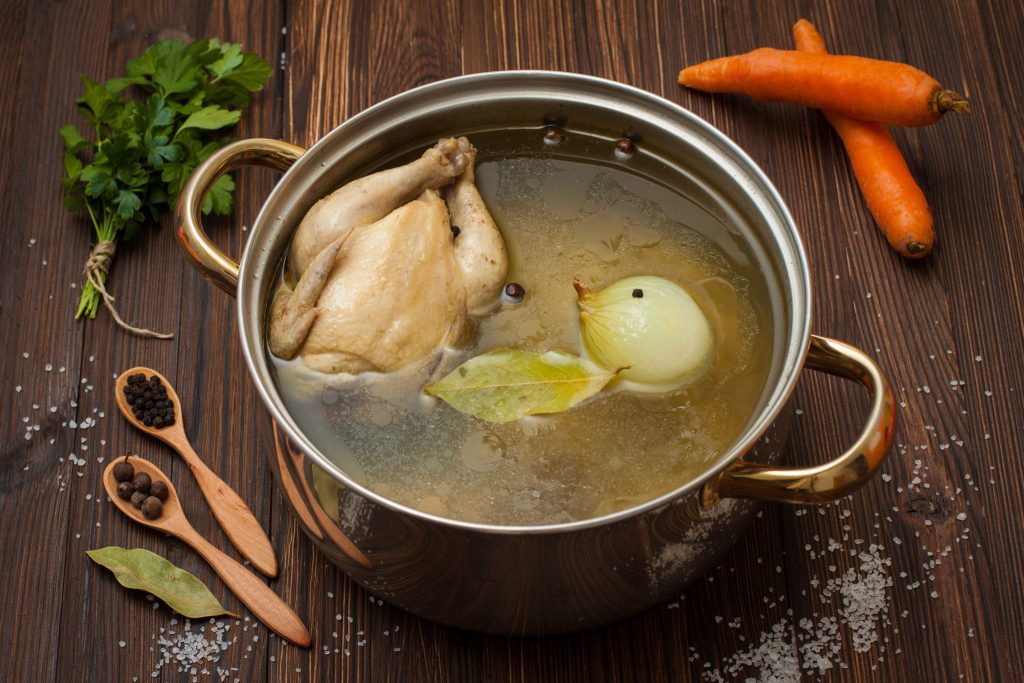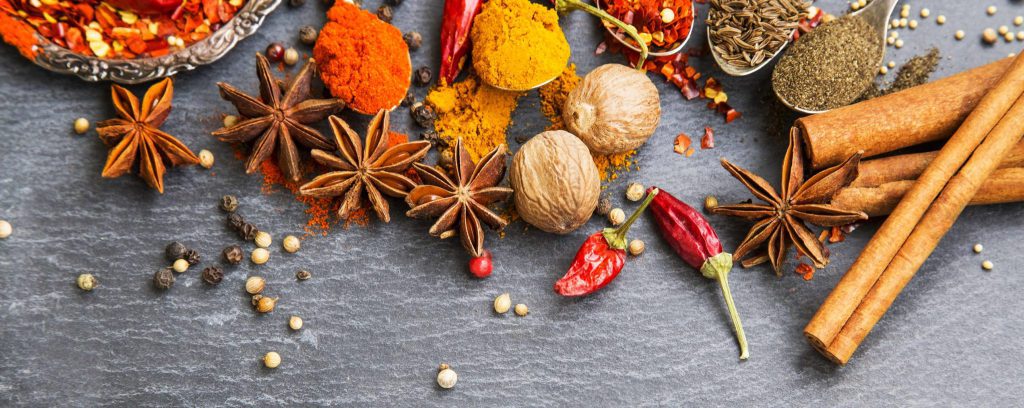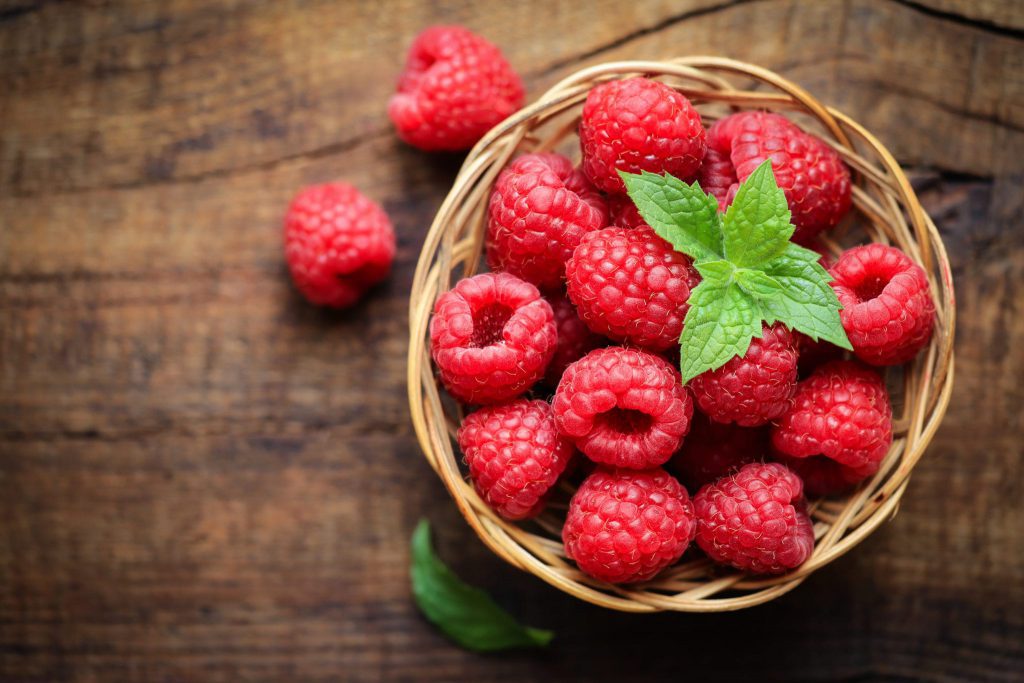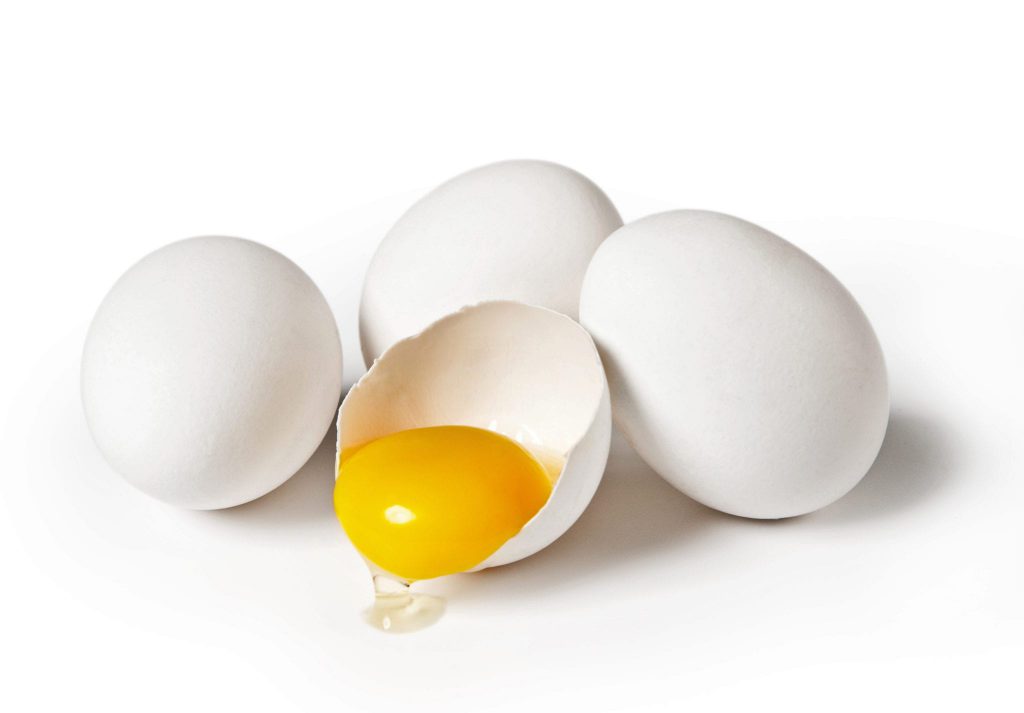DIETARY RECOMMENDATIONS FOR YOUR DIAGNOSIS
GENERAL DIET GUIDELINES FOR EVERYONE
- Your meals should leave you feeling satisfied for at least 2-3 hours and you should not spend an inordinate amount of time between meals thinking about food. If you find yourself thinking about food all the time or fighting cravings, try including more healthy fats in your diet, such as full-fat dairy products, coconut oil, olive oil, or nuts.
- If you have weight to lose, try to eat three meals a day on a consistent schedule without any snacking in between. This practice will help you to relearn the sensations of hunger and fullness and will give your digestive system a valuable rest between meals.
- Meals should be prepared deliberately and thoughtfully, and should be eaten in an environment that is relaxed. You should avoid eating when you are feeling strong emotions or when you are rushed. It is best not to eat while performing other activities such as reading, watching TV, holding an intense conversation or arguing.
- Chew your food thoroughly.
- Choose whole, minimally processed foods as often as possible. Organically grown and minimally processed foods have more Qi and are more nourishing than conventionally produced and processed foods. Locally-produced foods and in-season vegetables and fruits are ideal.
- Minimize iced drinks and cold or frozen foods. Drink a small cup of warm water, tea, or broth with meals.
At your initial appointment, you will be given information about your personal pattern of disharmony. With this information, you can adjust your diet in order to support acupuncture and herbal treatment of your condition. Please note that not all of these recommendations are applicable to all people. Please wait until after your initial appointment to start implementing these recommendations.

SPLEEN QI DEFICIENCY DIET
- The Spleen likes a regular meal schedule and needs downtime when it is not called upon to digest and absorb food. Constant snacking or grazing will make Spleen Qi deficiency worse.
- Inadequately chewed food imposes a heavy burden on the Spleen and can cause Spleen deficiency.
- If you suffer from stagnation or Spleen Qi deficiency, it is especially important to pay attention to your posture during and after eating. Sitting in a twisted or scrunched up way impairs the function of the digestive organs.
- If you suffer from Spleen Qi deficiency, Liver Qi stagnation, or Kidney yang deficiency, you should be especially careful to avoid overeating. Eat only to the point that your stomach is 2/3 full.
- Light exercise on a daily basis (especially stretching) is very important for individuals with Spleen Qi deficiency, Liver Qi stagnation, and Kidney yang deficiency. A brisk walk after meals leads to better digestion and better health.
- If you suffer from Spleen Qi deficiency, dampness, phlegm, or Kidney yang deficiency, try to minimize your consumption of pasteurized dairy products. Some individuals will have to completely eliminate pasteurized dairy from their diets in order to resolve patterns of dampness or phlegm, whereas other individuals can tolerate 2-3 servings of dairy without a problem.
- Food that are especially nourishing to the Spleen include soups and stews, root vegetables, orange and yellow squash, chicken, and beef.
- Congee is a very nourishing food for the Spleen, and is especially well-suited for individuals who are weak, sick, elderly, or otherwise compromised.
FOODS THAT DAMAGE THE SPLEEN
- Excessive quantities of sugar (including high fructose corn syrup, honey, agave nectar, and all other sweeteners) imposes a heavy burden on the Spleen. Reducing your consumption of sugars is one of the most important places to focus your attention to address Spleen Qi deficiency.
- Uncooked and cold foods. Think of cooking as a “pre-digestion” of your food. By cooking the majority of your food, you are significantly lightening the load on your Spleen – it does not have to work as hard to extract nutrition from your food. Please understand that this does not mean that you have to cook your food until it is gray – for instance, vegetables should be steamed or stir-fried just long enough to brighten their natural color. Although cooking may destroy some nutrients, it makes the remaining nutrients much easier to assimilate, so the net result is better nutrition.
- Iced drinks are especially harmful to the Spleen. Although it is a difficult habit to establish, learning to enjoy your beverages at room or warm temperature is a healthful step to take. It is especially important to follow this guideline if you experience a number of symptoms of Spleen Qi and yang deficiency, including fatigue, loose stools, cold hands and feet, dizziness when standing up, and aversion to cold.
- Sweet foods. According to Chinese medicine, each flavor “enters” a particular organ. Sour enters the Liver, salty enters the Kidney, pungent enters the Lung, bitter enters the heart, and sweet enters the Spleen. Small amounts of a flavor serve to boost the function of the organ that it enters, but large amounts or foods that are very intensely flavorful weaken their respective organs. All grains are classified as sweet foods in Chinese medicine, as are fruits, pastries, candies, etc. As you might expect, most American diets are very heavily weighted toward the sweet flavor and are not balanced with very much of the pungent, sour, or bitter flavors. (An example of a pungent food would be horseradish, an example of a sour food would be pickles, an example of a bitter food would be radicchio.) This imbalance serves to weaken the Spleen. In addition, the sweet flavor is inherently dampening, meaning that it leads to the generation of excessive fluids and phlegm. In Chinese medicine, it is said that the Spleen hates dampness, so this is another reason that eating too many sweet foods damage the Spleen.
- Unhealthy fats, such as hydrogenated fats, fried foods, and most vegetable oils. These foods “gum up the works” of the Spleen and also lead to the formation of phlegm. For this reason, dairy products are generally considered Spleen-weakening foods as well. The exception to this rule is raw, unpasteurized dairy. Because the natural enzymes and beneficial bacteria are intact in raw milk, it is far more digestible than pasteurized milk. Healthier fats to use for cooking or baking include butter, coconut oil, and olive oil.
DAMP ACCUMULATION DIET
Damp accumulation is closely linked with Spleen Qi deficiency. Because this disharmony is so common, I have written a separate article to address it.

YANG DEFICIENCY DIET
- Yang becomes deficient through inactivity, through habitual intake of cold foods and drinks, through frequent exposure to cold weather, and through weak constitution. Yang deficiency is also connected to emotional patterns such as depression and apathy.
- It is difficult to get the yang moving without moving the body. Gentle exercise on a regular basis is key.
- Be sure to keep the abdomen and low back covered and warm.
- Warming spices like ginger, cinnamon, clove, cardamom, fennel, horseradish, and black pepper are good for the Kidney yang.
- Stimulants tend to exhaust the body’s ability to generate yang, so avoid excessive caffeine if you have Kidney or Spleen yang deficiency.
LIVER QI STAGNATION DIET
- The most important approach to this problem is to eat simply and lightly, and to pay particular attention to posture and tension during and after eating.
- A diet that is rich in lightly cooked vegetables and moderate in fruits will help resolve stagnation.
- Bitter foods will help resolve stagnation affecting the Liver and Stomach.
- Moderate amounts of the pungent flavor will help to stimulate the system out of stagnation. Onions and citrus peel are good for this purpose.
- Raw carrot salad contains specific fibers that bind to endotoxins and excess estrogen and carry them out of the body, which helps improve liver health and function and restore optimal hormonal balance.

BLOOD DEFICIENCY DIET
- Blood deficiency is one pattern that is especially responsive to dietary changes. Blood deficiency almost always occurs against a backdrop of Spleen deficiency (the Spleen is the root of the Blood), so follow all the suggestions for a Spleen-supportive diet.
- Red meat is a medicinal food for individuals with Blood deficiency. Locally-produced grass-fed beef is ideal and should be included in the diet at least three or four times per week.
- It takes 120 days to fully renew the Blood, so dietary changes need to be maintained for this period of time to have full effect.
- Blood-nourishing foods include cherries, blueberries, beets, eggs, leafy green vegetables, homemade soups and stocks, dates, dark-colored beans (kidney beans, black beans, etc), liver, molasses, bone broth, grass-fed beef, pork, nuts, and Guinness beer.

ESSENCE DEFICIENCY DIET
- The Kidney essence is tonified by seeds and nuts, seaweed, and meat stocks made by boiling beef or chicken bones (be sure to use free-range meats).
YIN DEFICIENCY DIET
- The key to replenishing yin is rest and deep nourishment. Yin deficient individuals are usually “go-go-go” people who never turn off their minds or relax their bodies.
- It is important for yin deficient individuals to make time every day to relax and turn inward. This can be done by meditating, praying, walking, or listening to music.
- Too much time in front of the TV or computer will make yin deficiency worse.
- Air-conditioning and central heating can deplete the yin. Continual exposure to electromagnetic radiation (computer screens, electrical lines, etc.) also depletes yin.
- Limit consumption of coffee, alcohol, and spicy foods. One or two cups of coffee or caffeinated tea per day is okay.
- Yin deficiency individuals can usually tolerate larger amounts of fruit in their diet compared to others.
- String beans, asparagus, dark-colored fruits, fish, eggs, dairy products, and pork are considered yin-tonifying foods.
